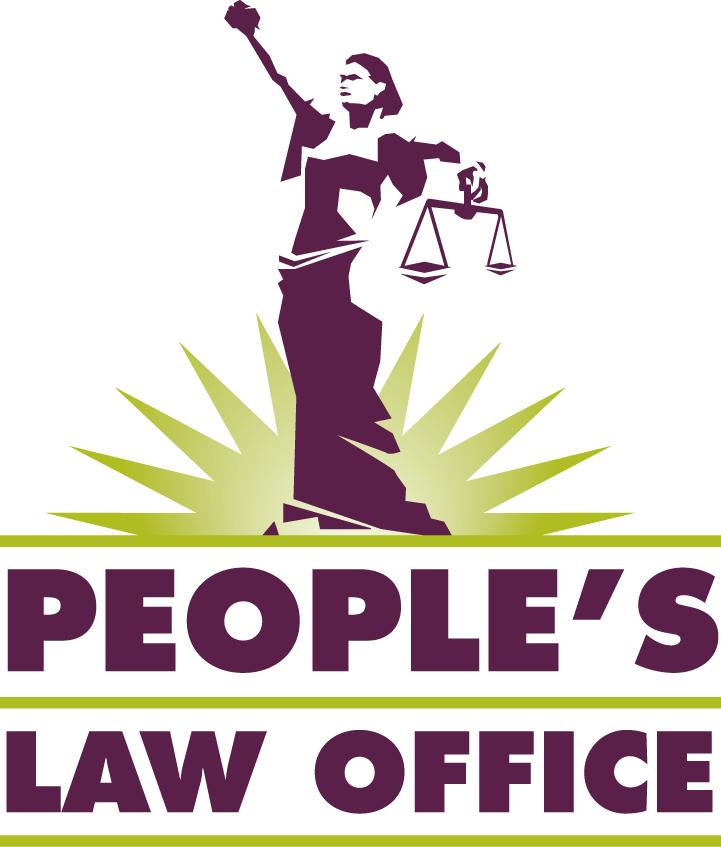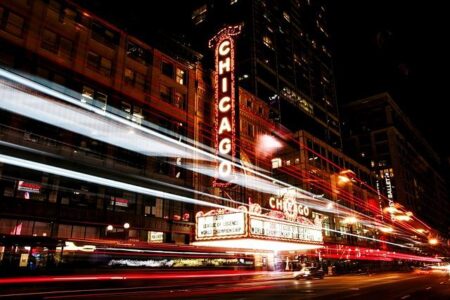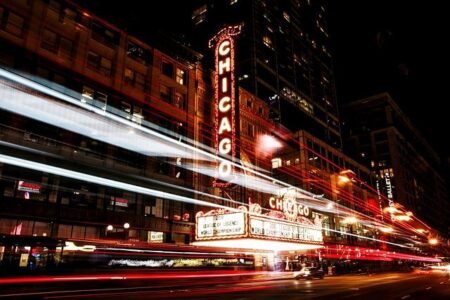Thousands of Civil Rights Complaints Stalled Following Chicago Office Shutdown
The sudden closure of Chicago’s Office for Civil Rights has created a significant gap in the city’s ability to address allegations of discrimination, harassment, and other civil rights infringements. Currently, thousands of complaints-ranging from workplace bias to housing discrimination and public accommodation issues-are caught in administrative limbo.This disruption has intensified frustration among residents seeking justice and advocates who rely on the office’s intervention. The absence of this dedicated agency raises serious questions about the future of civil rights enforcement in Chicago.
In the wake of the office’s closure,complainants face several challenges:
- Prolonged delays as choice agencies attempt to manage increased caseloads
- Limited access to specialized legal remedies designed for civil rights violations
- Greater vulnerability for marginalized groups whose voices risk being overlooked
| Complaint Type | Pending Cases | Average Resolution Time (months) |
|---|---|---|
| Employment Discrimination | 3,500 | 8 |
| Housing Discrimination | 2,200 | 6 |
| Public Accommodation Issues | 1,300 | 7 |
How Vulnerable Populations Are Disproportionately Affected and Barriers to Justice
The shutdown of Chicago’s civil rights enforcement office disproportionately impacts communities already facing systemic inequities. Minority populations, low-income residents, and people with disabilities often depend on this office as a vital resource for addressing discrimination.With investigations halted, many individuals are left without recourse, exacerbating feelings of injustice and eroding confidence in the city’s commitment to protect their rights.
Advocates caution that without a specialized agency, these groups encounter increased obstacles, including:
- Longer wait times when seeking case reviews through other government bodies
- Reduced outreach efforts tailored to the unique needs of marginalized communities
- Higher financial burdens due to reliance on private legal services
| Community | Common Complaints | Access Challenges |
|---|---|---|
| Low-Income Individuals | Housing discrimination, wage disputes | Transportation difficulties, legal costs |
| People with Disabilities | Accessibility barriers, denial of services | Communication hurdles, limited advocacy support |
| Racial and Ethnic Minorities | Racial profiling, employment discrimination | Language barriers, distrust of legal systems |
Obstacles Confronting Complainants and Advocacy Organizations
The closure has left many individuals seeking justice in a state of uncertainty, with thousands of cases left unattended. Local advocacy groups, which have historically collaborated with the office to guide complainants through complex procedures, now face overwhelming demands as they attempt to bridge the gap.This disruption not only delays investigations but also diminishes public confidence in the mechanisms designed to protect vulnerable populations.
Primary difficulties faced include:
- Extended delays without clear timelines for case processing
- Insufficient information on alternative complaint pathways
- Reduced capacity to provide legal and emotional support
- Increased likelihood of rights violations going unaddressed
| Issue | Consequences |
|---|---|
| Case Backlogs | Justice delayed, prolonged distress for victims |
| Resource Limitations | Nonprofits overwhelmed, reduced support availability |
| Lack of Openness | Confusion and uncertainty for complainants |
Strategies to Reestablish Robust Civil Rights Enforcement and Accountability
To restore effective civil rights enforcement in Chicago, city officials, legislators, and community leaders must act swiftly. Emphasizing transparent investigative procedures and setting definitive timelines for resolving complaints are essential steps to rebuild public confidence. Adequate funding and staffing are critical to prevent future backlogs and ensure prompt responses to violations. Additionally, implementing regular self-reliant audits and publicly sharing performance metrics will foster greater accountability.
Engaging the community is vital for a revitalized system. Establishing accessible complaint submission platforms and providing timely updates empower residents and promote inclusivity. Strengthening collaboration between city, state, and federal civil rights agencies will also enhance oversight and enforcement capabilities. The following table summarizes key recommendations:
| Suggestion | Objective | Anticipated Result |
|---|---|---|
| Boost funding and hire additional staff | Eliminate case backlogs | Faster complaint processing |
| Implement transparent reporting | Build public trust | Enhanced accountability |
| Develop community engagement tools | Improve accessibility | Empowered and informed residents |
| Foster interagency partnerships | Expand oversight | Stronger enforcement mechanisms |
Final Thoughts on Civil Rights Enforcement in Chicago
The closure of Chicago’s Office for Civil Rights has left a backlog of thousands of unresolved complaints, spotlighting urgent concerns about justice and accountability for those affected. As the city charts a path forward, stakeholders stress the necessity of transparent, effective solutions to maintain strong civil rights protections. This situation highlights the indispensable role local agencies play in upholding equity and the challenges communities face when such institutions are unexpectedly dismantled.





